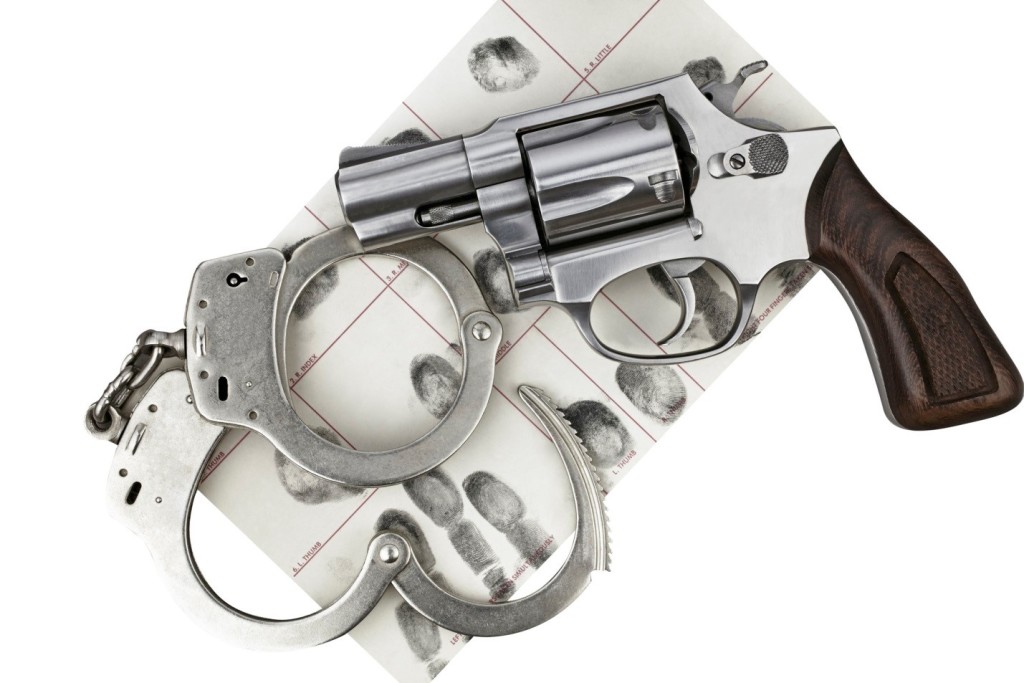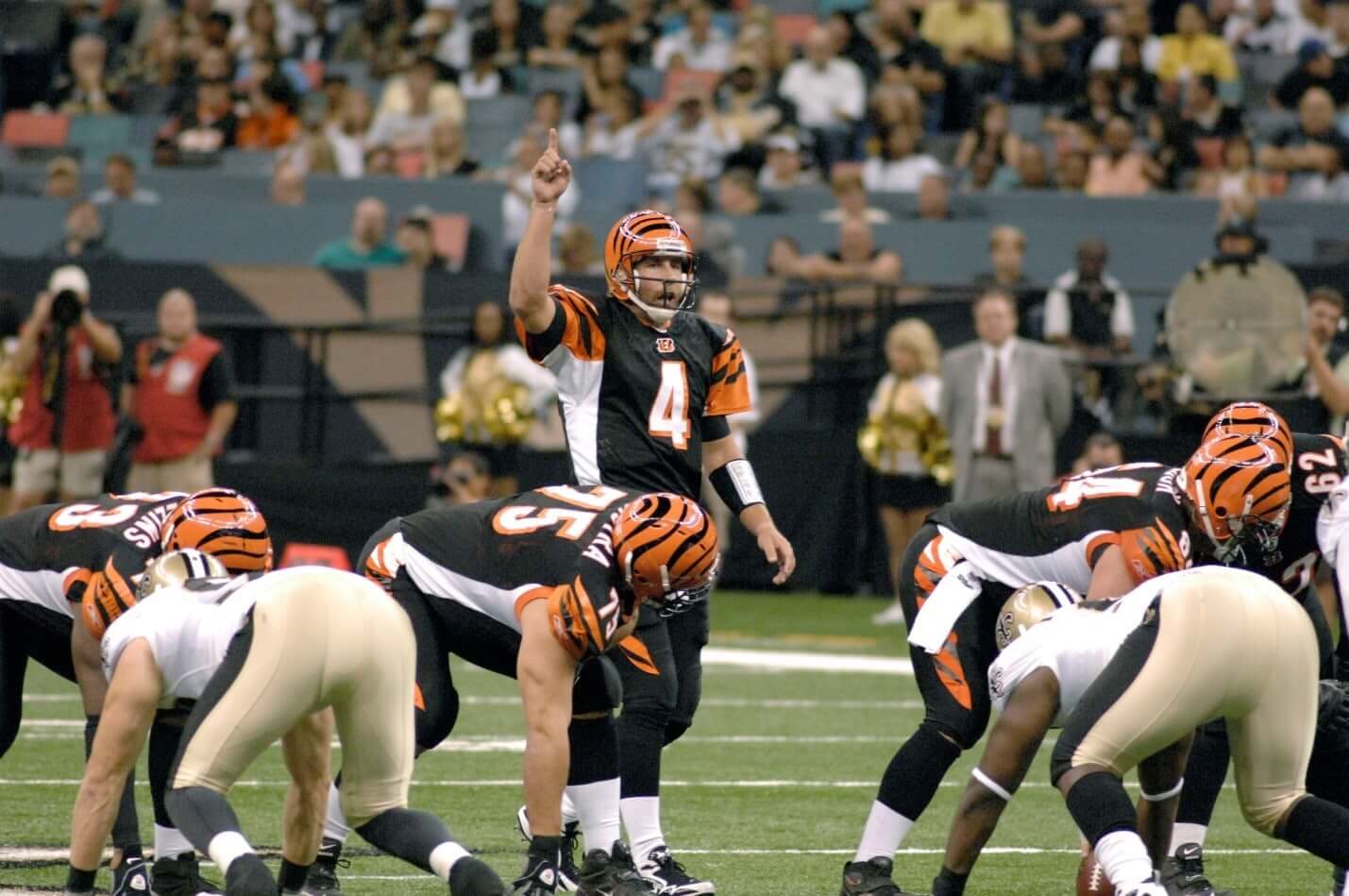A Skokie Criminal Lawyer Who Knows How to Fight Weapons Charges

Illinois takes weapons and gun charges very seriously. In many cases, these charges have mandatory minimum prison sentences, large fines, community service requirements, and more.
And, of course, a charge like this will go on your criminal record. That means anyone who does a background check on you will be able to see it. People with criminal records tend to have a harder time finding good jobs, getting apartments, making it past college admissions boards, and so on.
Unfortunately, weapons laws in our state are complex and ever-changing. It is quite possible to commit a violation without even realizing it, and understanding your charge and the penalties you face can be overwhelming. This is especially true when gun or weapons charges are paired with other charges – such as drug charges, robbery, or home invasion – as is often the case.
To give yourself the best chance of a positive outcome, you need an experienced professional on your side. Skokie defense attorney Andrew M. Weisberg has been successfully representing people just like you for almost 20 years. He not only stays up-to-date with the latest weapons violation changes but also understands our area’s political climate and how local judges and prosecutors operate.
No Matter What Your Weapons Charges Is, You Need a Skilled Skokie Defense Attorney
As mentioned above, there are many situations in which you can be charged with a weapons offense. The actual charges will depend upon the event details – including any injuries or deaths that resulted from the alleged violation(s).
Below are just some of the most common weapons/gun charges in our area:
Unlawful Use of Weapons / UUW (720 ILCS 5/24-1). This statute actually covers a wide variety of weapons-related offenses in our state. Typically, someone is charged with UUW because they are caught with a dangerous weapon such as a handgun. Despite the name of the charge, you do not actually have to use the weapon in question to be charged – unlawful possession is enough. Moreover, you do not even need to intend to do harm with the weapon. Under Illinois law, having certain weapons without proper documentation or while at certain locations can constitute an offense.
An incomplete list of the weapons covered by this statute includes handguns, rifles, and knives. This is important to note because the severity of the charge is decided based on two factors:
- Type of weapon
- Location of possession
UUW can be as low as a misdemeanor or as severe as a Class X felony. Under Class X, suspects face up to 30 years of prison in the Illinois Department of Corrections.
Unlawful Use of Weapons by Felon / UUW by Felon (720 ILCS 5/24-1.1). Similar to the above charge, in this case, the alleged offender is already a convicted felon at the time of the arrest. The two major differences between this statute and the last one are:
- Due to their status as felons, those charged will face far harsher penalties, including a strong likelihood of getting a long prison sentence.
- Also, due to their felon status, these individuals may not possess a weapon anywhere. Because of this, UUW by Felon charges often come about when police get a search warrant for a suspect’s home and find a weapon or weapons there.
Aggravated Unlawful Use of Weapon / Agg UUW (720 ILCS 5/24-1.6). Someone possessing a firearm on a sidewalk, a public street, or in a car may face this charge. To prove the charge, prosecutors must show that the gun was loaded, uncased, and immediately accessible.
Before 2011, those convicted of this crime usually just received a probation period. If jail time was involved at all, there was very little. That year, though, the laws changed. Now, anyone convicted who does not have a currently valid Firearm Owner’s Identification Card (FOID) is required to serve anywhere between 1 and 3 years in the Illinois Department of Corrections. In some cases, prosecutors may be persuaded to reduce charges to avoid jail time and instead require probation, but you need an aggressive defense if you want to pursue this outcome.
Reckless Discharge of a Firearm (720 ILCS 5/24-1.5). You can be charged with this offense for allegedly discharging a firearm in a manner that puts another person in danger of bodily safety. This charge is a Class 4 felony and typically comes with 1-3 years in prison. Probation may be allowed in some instances, so make sure you talk to your attorney.
Aggravated Discharge of a Firearm (720 ILCS 5/24-1.2). Reckless discharge means you fired and were not paying enough attention. This far more serious charge is reserved for when a person knowingly or intentionally fires a weapon:
- In the direction of another person
- Into a building or vehicle they know is occupied
Under Illinois law, this is a Class 1 felony that includes 4-15 years of prison time – but that is not even the bad part. If the weapon was purposefully discharged in the direction of a teacher, EMT, or peace officer, you could face 10-45 years in prison. And if prosecutors can prove that you intentionally shot in the direction of a person, it is a small step for them to use that information to charge you with attempted first-degree murder.
Attempted First Degree Murder (720 ILCS 5/8-4(a) (720 5/9-1(a)(1)). It is illegal to kill someone. It is also illegal to try to kill someone – even if you do not succeed. Short of actually committing murder, attempted first-degree murder is one of the most serious charges under Illinois law. It is considered a Class X felony with prison time ranging from 6-30 years. But that is just the beginning. If a firearm is used, 15-25 years can be added to this sentence. If the intended victim is a police officer, jail time jumps from 20-80 years.
When considering these offenses, it is important to remember that all kinds of weapons are covered under the law. We mentioned some of the most common above (firearms and knives), but other possible weapons include items such as razors, switchblades, and even broken bottles.
One other thing to remember: in Illinois, you need to have a valid Firearm Owner’s Identification (FOID) card to legally:
- Purchase firearms
- Purchase firearm ammunition
- Possess firearms
- Possess firearm ammunition
What a Knowledgeable Skokie Criminal Defense Lawyer Can Do for You
When you work with Andrew Weisberg, you are getting someone who can help with every aspect of your case – from the moment you are charged through the end of your proceedings and beyond. He will be there to aggressively defend your rights during the:
- Arraignments
- Bail or bond hearings
- Trial
- Motions to quash arrest and suppress evidence
- Sentencing proceedings
- Plea negotiations, including 402 conferences
- Expungement hearings
- Probation violation proceedings
Mr. Weisberg has an excellent track record in all of these proceedings. He excels at getting his clients the best possible outcome, often managing to have charges reduced, dropped, or altogether dismissed.
One of the biggest reasons he can do this comes from his unique perspective. Unlike many other criminal defense lawyers in the area, Andrew Weisberg knows how things work on both sides of the aisle – because he started his legal career as a Cook County prosecutor. His job was to determine how to secure convictions for the state and put people behind bars.
Ultimately he left because he wanted to protect the rights of people just like you, but the knowledge he gained as a prosecutor stayed with him. He knows what prosecutors need to convict you. He knows how they think. And he knows how to poke holes in those arguments and make convictions less likely.
Contact Skokie Defense Attorney Andrew M. Weisberg Today
Success has led to recognition for Mr. Weisberg. The National Trial Lawyers has named him a Top 100 Trial Lawyer. Lawguru features him due to his in-depth knowledge in criminal law. And he has won many Clients’ Choice awards on Avvo.
What matters, though, is that you feel comfortable working with Andrew Weisberg and believe he gives you the best chance at getting the most positive outcome in your case.
The only way to know for sure is to get in touch. When you come in for your free initial consultation, Mr. Weisberg will sit and go over your situation details before explaining the legal process and the potential outcomes in-depth to ensure you know your options and what to expect.
Do not delay. The longer you wait to get an experienced defense attorney on your side, the more of a head start you give to prosecutors. Reach out to our office 24/7 by calling 847-807-1075 or emailing andrew@amwlaw.com.


















